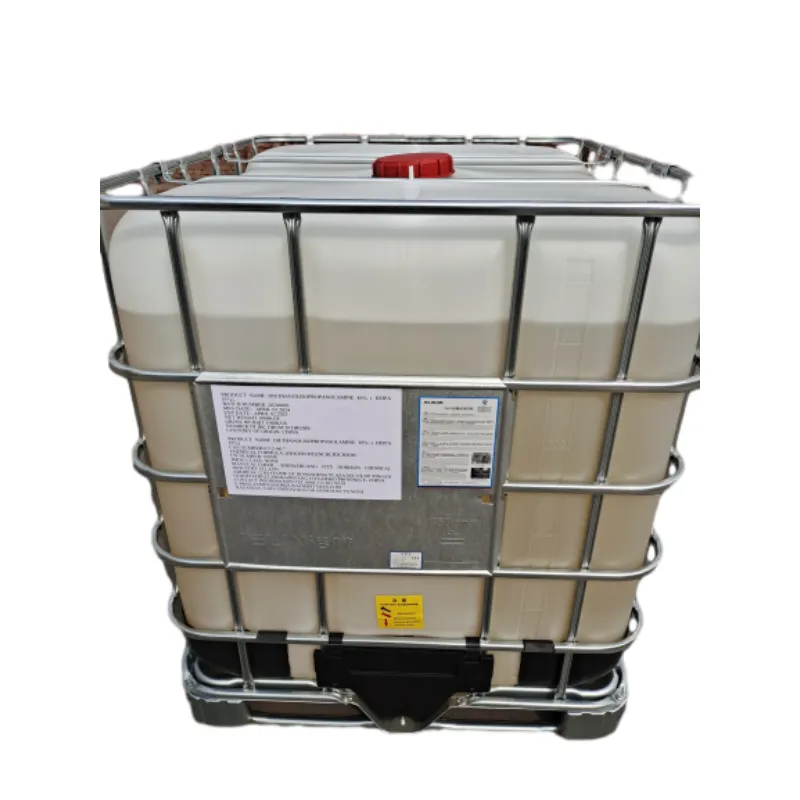
aspartame what is it made of
What is Aspartame Made Of?
Aspartame is one of the most widely used artificial sweeteners in the world. Found in thousands of food products, ranging from sugar-free drinks to sugar-free candies, it has been a topic of both interest and controversy since its introduction in the 1980s. Understanding the composition of aspartame can provide insight into its mechanisms and the reasons for its widespread use.
Composition of Aspartame
Aspartame is a low-calorie sweetener, approximately 200 times sweeter than sucrose (table sugar). Its chemical structure is a dipeptide methyl ester, specifically composed of two amino acids phenylalanine and aspartic acid, along with a methanol molecule. This combination gives aspartame its sweet taste, while its low-caloric content makes it an attractive alternative to sugar for those seeking to cut calories or manage their weight.
1. Phenylalanine This is an essential amino acid, meaning that the body cannot produce it and must obtain it from food. Phenylalanine is vital for producing proteins and the neurotransmitter dopamine, contributing to mood regulation. However, it's important to note that individuals with a rare genetic disorder called phenylketonuria (PKU) must avoid aspartame, as their bodies are unable to metabolize phenylalanine effectively.
2. Aspartic Acid Also an amino acid, aspartic acid plays a key role in the biosynthesis of proteins. It is a non-essential amino acid, which means that the body can produce it independently. Aspartic acid is known to be involved in metabolic processes and is essential for the functioning of neurotransmitter systems.
3. Methanol This organic compound, often associated with toxicity in high doses, is present in small amounts in aspartame. When aspartame is ingested, it breaks down into its various components, including methanol; however, the amount is minimal and considered safe according to regulatory guidelines. In fact, methanol is also found naturally in various fruits and drinks, raising the question of its safety in moderate consumption patterns.
aspartame what is it made of

Production of Aspartame
The manufacturing process of aspartame involves a biosynthetic approach. The amino acids phenylalanine and aspartic acid are combined through a series of reactions to produce the sweetener. The process often involves fermentation, where specific bacteria are used to enhance the production of the amino acids under controlled conditions. Once synthesized, aspartame is purified and crystallized, resulting in a final product that is ready for use in a variety of food and beverage items.
Safety and Regulatory Status
Aspartame has been subjected to extensive testing and regulatory scrutiny by several health organizations around the world, including the U.S. Food and Drug Administration (FDA), the European Food Safety Authority (EFSA), and the World Health Organization (WHO). These assessments have consistently concluded that aspartame is safe for human consumption in the amounts typically found in dietary products.
Despite its safety, aspartame has been the focus of numerous health debates, particularly concerning claims about potential links to cancer and other health issues. These concerns have largely been refuted by scientific research and body of evidence, which affirm that aspartame does not pose a health risk when consumed within established daily intake levels.
Conclusion
In summary, aspartame is a complex compound primarily made up of two amino acids, phenylalanine and aspartic acid, combined with a methanol molecule. Its unique structure gives it an intense sweetness, allowing it to serve as a low-calorie alternative to sugar in many products. While there are debates regarding its safety, scientific studies and regulatory bodies have consistently found aspartame to be safe for human consumption. Whether for dietary reasons or personal preferences, aspartame continues to be a popular choice for those looking to limit their sugar intake while still enjoying sweet flavors.
-
Comprehensive Guide to Acetic Acid as Preservative: Benefits, Uses & Future TrendsNewsNov.24,2025
-
What Is a Food Additive? Global Insights, Applications & Future TrendsNewsNov.24,2025
-
968 Sweetener: The Modern Solution for Health-Conscious SweeteningNewsNov.23,2025
-
Discover the Benefits and Uses of 965 Sweetener (Erythritol) | Tenger ChemicalNewsNov.23,2025
-
961 Sweetener - A Next-Gen Sugar Alternative for Health and IndustryNewsNov.23,2025
-
Understanding 960 Sweetener: The Modern Sugar Alternative for Health and IndustryNewsNov.22,2025
-
Everything You Need to Know About 955 950 Sweeteners – Benefits, Uses, and TrendsNewsNov.22,2025
Hebei Tenger Chemical Technology Co., Ltd. focuses on the chemical industry and is committed to the export service of chemical raw materials.
-

view more DiethanolisopropanolamineIn the ever-growing field of chemical solutions, diethanolisopropanolamine (DEIPA) stands out as a versatile and important compound. Due to its unique chemical structure and properties, DEIPA is of interest to various industries including construction, personal care, and agriculture. -

view more TriisopropanolamineTriisopropanolamine (TIPA) alkanol amine substance, is a kind of alcohol amine compound with amino and alcohol hydroxyl, and because of its molecules contains both amino and hydroxyl. -

view more Tetramethyl Thiuram DisulfideTetramethyl thiuram disulfide, also known as TMTD, is a white to light-yellow powder with a distinct sulfur-like odor. It is soluble in organic solvents such as benzene, acetone, and ethyl acetate, making it highly versatile for use in different formulations. TMTD is known for its excellent vulcanization acceleration properties, which makes it a key ingredient in the production of rubber products. Additionally, it acts as an effective fungicide and bactericide, making it valuable in agricultural applications. Its high purity and stability ensure consistent performance, making it a preferred choice for manufacturers across various industries.





